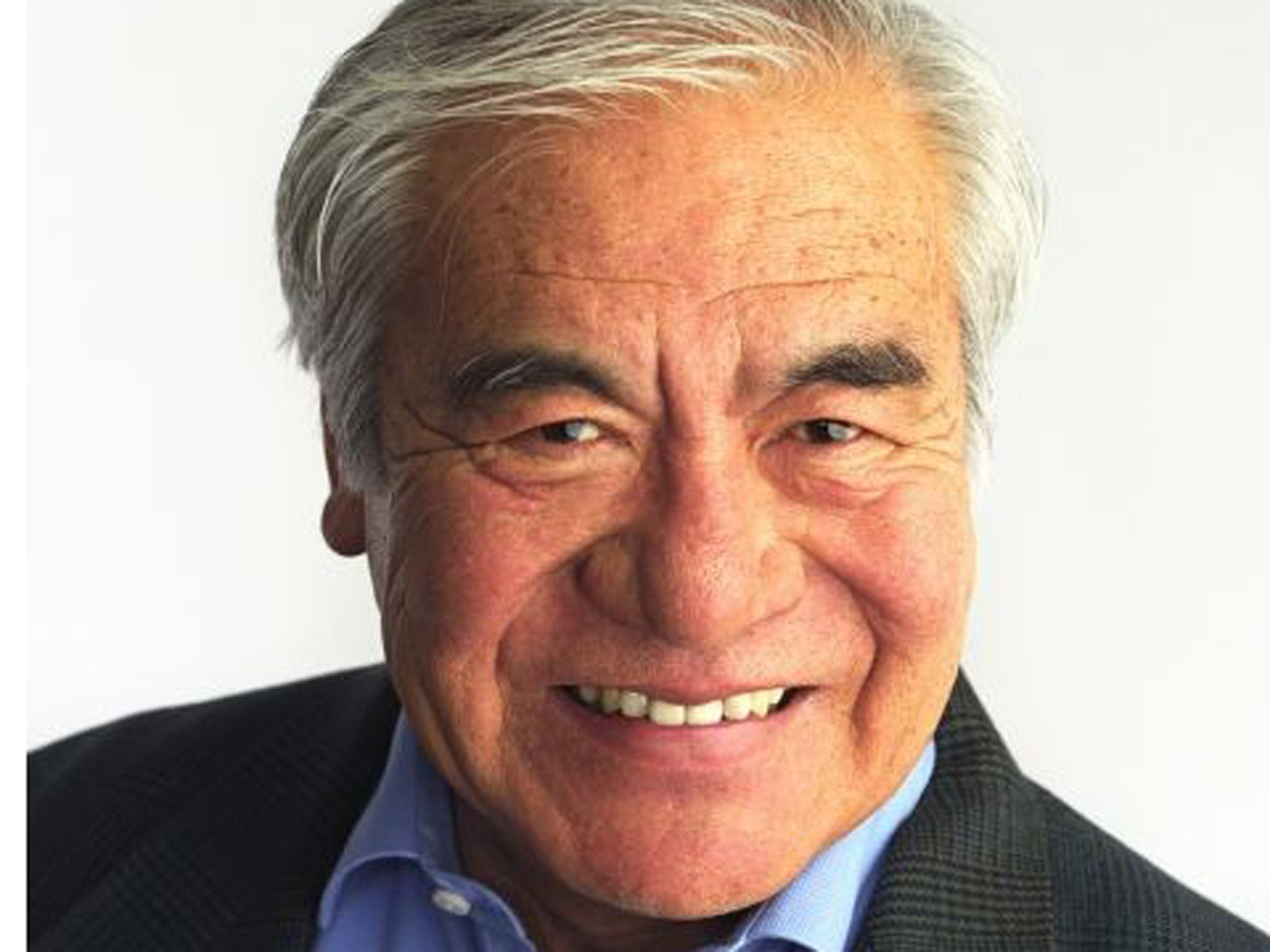Jimmy Murakami: Director best known for his adaptations of two Raymond Briggs books, ‘The Snowman’ and ‘Where the Wind Blows’

Jimmy Murakami was a director of animated films, known especially for his adaptations of The Snowman, a charming and magical children’s story, and When the Wind Blows, a dark satire on nuclear war, from the books originally written by Raymond Briggs. The Snowman - for which he was supervising director - continues to be a favourite, being shown every year since its release in 1982, to enthrall and delight Christmas television audiences.
Murakami was born in 1933 in San Jose, California. When he was eight years old, he and his family were among the 110,000 Japanese Americans who were rounded up following the attack on Pearl Harbour. They were interned at the Tule Lake concentration camp in the California desert, where they remained for four years and where his elder sister, Sumiko, died of leukaemia.
Following the end of hostilities, Murakami studied at the Chouinard Art Institute, Los Angeles, and joined the United Productions of America (UPA) Burbank Studio in 1956 as a character designer and storyboard artist. A year later he moved to New York to join Ernest Pintoff’s new studio, which gained early recognition when it received an Oscar nomination for its The Violinist (1959), a film on which Murakami collaborated as a designer.
After another year he was again on the move, this time to London, where he was invited to work with the company TV Cartoons (later TVC), founded by George Dunning and John Coates (Independent obituary, 12 November 2012). Here he directed The Insects (1961), a simple yet elegant animated story of a writer’s losing battle with the six-legged creatures, which won a Bafta, and Charley (1965), together with Alan Ball, which won a Gold Award at the Venice Film Festival.
Spurred by these successes, Murakami and the animator Fred Wolf established Murakami Wolf Films, initially in Hollywood and later in Ireland, where Murakami based himself from the early 1970s. The company was at first known for its animated and live television commercials before soon becoming involved in cartoon productions for children. As well as his work in animated film, he also directed a live-action feature film, Battle beyond the Stars (1980), a sci-fi version of The Seven Samurai, produced by Roger Corman.
Murakami’s The Snowman, first shown on British television in 1982, was based on the book by Raymond Briggs published four years earlier. It is remarkable for being a story without narration or speech from its characters, told solely through Murakami’s hauntingly beautiful animation, with music by Howard Blake. The production was nominated for an Academy Award for Animated Short Film that year and won a Bafta the folowing year for Best Children’s Programme. Blake’s song, “Walking in the Air”, which has become synonymous with the film, reached No 5 in the UK charts in 1985.
The acclaim from audiences and critics for The Snowman surprised the writer of the original book, as he recalled: “The idea was clean, nice and silent. I don’t have happy endings. I create what seems natural and inevitable. The snowman melts, my parents died, animals die, flowers die. Everything does. There’s nothing particularly gloomy about it. It’s a fact of life.”
Following the success of The Snowman, Murakami was again invited to collaborate with Briggs for When the Wind Blows (1986). “Raymond Briggs sent me the manuscript of his newly completed book”, he said of the genesis of the film production, “Nothing prepared me for the impact of such a work – so utterly the opposite in content and tone to The Snowman with its theme of friendship and the inevitability of ultimate loss being playfully hinted at.” The story of an elderly couple, naively following official “Protect and Survive” instructions when nuclear war breaks out, included a score by Roger Waters of Pink Floyd and a specially composed song by David Bowie.
Murakami’s version of A Christmas Carol (2001), which featured the voices of Simon Callow, Kate Winslet and Nicholas Cage, among many others, was an innovative take on the Dickens story, told through the eyes of two mice.
He was the subject of the documentary film Jimmy Murakami – Non Alien (2010), directed by the Irish film-maker Sé Merry Doyle, which examines the time he spent in internment with his family during the 1940s. Aside from his work in animation, Murakami was also a skilled painter. An exhibition of paintings was held in Dún Laoghaire last October and November.
Cathal Gaffney, chief executive of Brown Bag Films, which specialises in animated film, acknowledged his immense contribution to the genre. “It’s fair to say that Jimmy was a founding father of Irish animation... Jimmy was a gentleman, great company, and a huge influence... He was always very generous with his time, especially in the early days (20 years ago this year). All of us have many happy anecdotes and memories of Jimmy, and today we celebrate a life well-lived and mourn the passing of a friend who inspired an industry.”
MARCUS WILLIAMSON
Teruaki Murakami (Jimmy Murakami), director of animated films: born San Jose, California, 5 June 1933; married Ethna (two daughters); died Dublin 16 February 2014.
Subscribe to Independent Premium to bookmark this article
Want to bookmark your favourite articles and stories to read or reference later? Start your Independent Premium subscription today.

Join our commenting forum
Join thought-provoking conversations, follow other Independent readers and see their replies